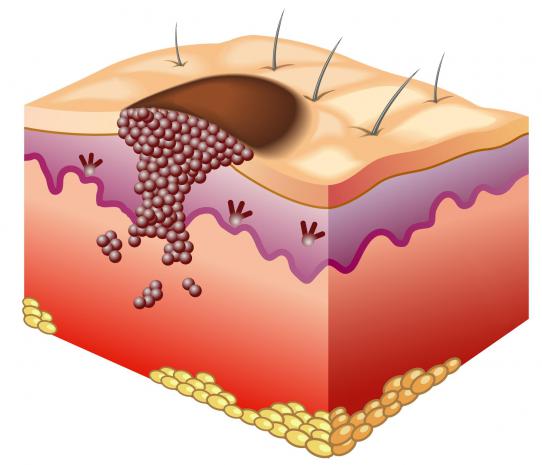
Breaking News
 Bill Gates Just MASSIVELY F****D UP!
Bill Gates Just MASSIVELY F****D UP!
 Confronting Bill Gates about Epstein Files (Exclusive Interview)
Confronting Bill Gates about Epstein Files (Exclusive Interview)
 "PROJECT LIBERTY" A Secret Data Center Was Approved During a Snow Storm While No One Was
"PROJECT LIBERTY" A Secret Data Center Was Approved During a Snow Storm While No One Was
 Battleborn 270Ah Failure! Yikes!
Battleborn 270Ah Failure! Yikes!
Top Tech News
 How underwater 3D printing could soon transform maritime construction
How underwater 3D printing could soon transform maritime construction
 Smart soldering iron packs a camera to show you what you're doing
Smart soldering iron packs a camera to show you what you're doing
 Look, no hands: Flying umbrella follows user through the rain
Look, no hands: Flying umbrella follows user through the rain
 Critical Linux Warning: 800,000 Devices Are EXPOSED
Critical Linux Warning: 800,000 Devices Are EXPOSED
 'Brave New World': IVF Company's Eugenics Tool Lets Couples Pick 'Best' Baby, Di
'Brave New World': IVF Company's Eugenics Tool Lets Couples Pick 'Best' Baby, Di
 The smartphone just fired a warning shot at the camera industry.
The smartphone just fired a warning shot at the camera industry.
 A revolutionary breakthrough in dental science is changing how we fight tooth decay
A revolutionary breakthrough in dental science is changing how we fight tooth decay
 Docan Energy "Panda": 32kWh for $2,530!
Docan Energy "Panda": 32kWh for $2,530!
 Rugged phone with multi-day battery life doubles as a 1080p projector
Rugged phone with multi-day battery life doubles as a 1080p projector
 4 Sisters Invent Electric Tractor with Mom and Dad and it's Selling in 5 Countries
4 Sisters Invent Electric Tractor with Mom and Dad and it's Selling in 5 Countries
Discovered: The genetic flaw that triggers skin cancer

Up to 70 per cent of cases of malignant melanoma could be sparked by a genetic mutation caused by ageing and over-exposure to the sun.
Scientists at The Institute of Cancer Research had previously linked the rogue version of the so-called BRAF gene to the disease but did not know if it actually caused the cancer.
Now, the same group of researchers has shown that acquiring the BRAF mutation can be the first event in the cascade of genetic changes that eventually leads to melanoma, the most deadly form of skin cancer.
While the mutation could occur naturally, the odds of it appearing are likely to be exacerbated by intensive exposure to the sun.
Lead author Professor Richard Marais from the institute said: 'We know that excessive sun exposure is the main cause of skin cancer, but not much is known about the genetics behind it.
'Our study shows that the genetic damage of BRAF is the first step in skin cancer development.
'Understanding this process will help us develop more effective treatments for the disease.'
There are around 9,500 new cases of malignant melanoma and more than 2,300 deaths from the disease each year in the UK.
Over-exposure to sunlight causes at least two thirds of all malignant melanomas and up to 90 per cent of other skin cancers. This excessive exposure damages DNA and causes genetic mutations.



